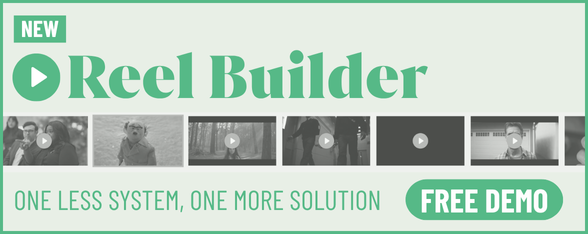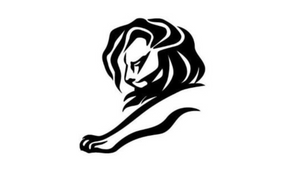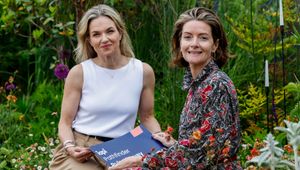
IAPI Paves the Way for a More Accessible and Inclusive Media Landscape

Leading voices in accessibility and media gathered at the Royal Irish Academy of Music on Wednesday for IAPI's latest event, exploring how Ireland's creative and communications industries can build a more inclusive, diverse, and accessible media landscape. Timed ahead of the European Accessibility Act (EAA) implementation on June 28th, the event was hosted with the support of Coimisiún na Meán and Diageo Ireland.
Attendees were inspired by an exceptional line-up of speakers who shared personal experiences, professional insights, and tangible strategies for building accessible environments, inclusive brands, and systemic change.
“The greatest opportunities are the ones others don’t see or don’t have the courage to act on yet…” said Jason Smyth MBE, former Paralympian brought powerful reflections on unlocking human potential. With a career that includes 21 gold medals and a 2024 Dancing with the Stars win, Jason now channels his drive into advocacy, corporate consulting, and storytelling.
Nicole Afflick and Sandra Lema Trillo from Flock Associates shared their strategic expertise and work on representation and accessible AI integration. They also shared some stark statistics, including that while 27% of people aged 16+ living in the EU live with a disability, only 4% of websites are compliant with accessibility standards.
Sarah Fleury, co-lead of Diageo’s Progressive Marketing agenda, highlighted the company's wide-reaching accessibility efforts and shared Diageo’s progressive marketing strategy, including their aims to make 100% of their campaigns accessible by 2030. Liam El Sibai, senior brand manager for Diageo’s Tequila portfolio, showcased how brands can be vehicles for positive change, using their Guinness x Field of Vision campaign as an example.
Sinéad Burke, founder and CEO of Tilting the Lens, delivered the keynote address, championing equity and systemic change through accessibility. Outlining the facts about the European Accessibility Act, Sinead gave some powerful recommendations on what needs to improve to create a more accessible society.
The event underscored the importance of creating media environments that are not only accessible but also welcoming and empowering. It served as a call to action for marketers, media professionals, and policy makers to embed inclusion into every aspect of their work—from content creation to digital design and talent recruitment.






